We're loading the full news article for you. This includes the article content, images, author information, and related articles.
Migori Senator Eddie Oketch's declaration solidifies ODM's strategic pivot, signalling continued cooperation with President Ruto's administration and sparking internal debate on the party's future ahead of 2027.
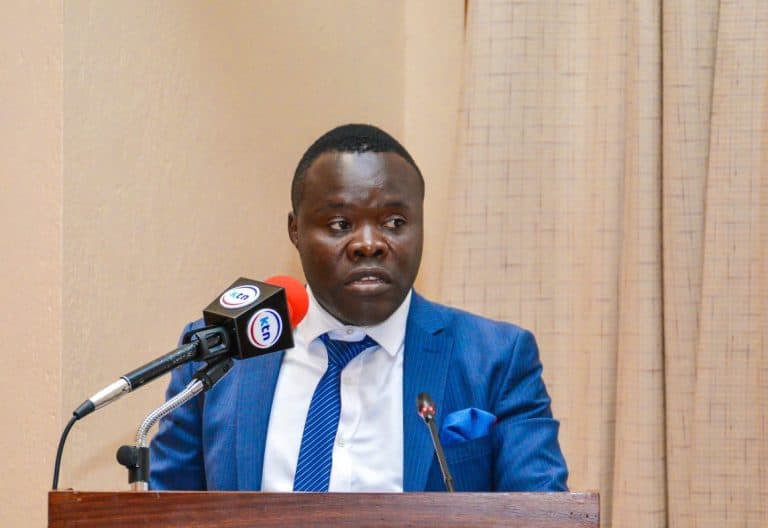
Migori Senator Eddie Oketch has publicly reaffirmed the Orange Democratic Movement's (ODM) unwavering commitment to the broad-based government, a power-sharing arrangement with President William Ruto's administration. This statement, delivered on Tuesday, 18th November 2025, reinforces the party's strategic shift from opposition politics to direct engagement in governance, a move that continues to shape Kenya's political landscape.
The concept of a broad-based government gained traction following a political pact between the late ODM patriarch Raila Odinga and President William Ruto. This agreement was aimed at fostering national stability and ensuring inclusive, people-centered service delivery. In the months following the agreement, several high-profile ODM members were appointed to key cabinet positions, including John Mbadi as Treasury Cabinet Secretary, solidifying the party's role within the executive.
Senator Oketch's remarks come at a critical juncture for ODM, a party historically defined by its role as a formidable opposition force. The decision to work within the government has ignited a robust internal debate, splitting the party's leadership into two main factions. One camp, which includes acting party leader Dr. Oburu Oginga and several governors, champions the current arrangement, arguing it was Odinga's final wish for the party to prioritize stability and development over political confrontation. They maintain that ODM's progressive policies can only be implemented from within the government, not from the "opposition trenches." This faction's mantra, "Hatuwezi Kurudi Opposition" (We cannot go back to the opposition), underscores a pragmatic pivot towards retaining influence in national governance.
Conversely, a group of opposition purists, including Secretary-General Edwin Sifuna and Siaya Governor James Orengo, warns that the collaboration risks diluting ODM's identity and betraying its reformist legacy. Governor Orengo has been particularly vocal, dismissing a permanent alliance with the ruling coalition as "idiotic" and arguing that the party must groom its own presidential candidate for the 2027 general election to remain a relevant and distinct political force. This faction fears that being absorbed into the ruling structure could alienate the party's loyal base and weaken its ability to hold the government accountable.
Senator Oketch, a youthful and influential voice within ODM, has positioned himself as a pragmatic leader navigating this new political terrain. While supporting the broad-based government, he has also articulated clear demands on behalf of the nation's youth. In an address on 31st October 2025, Oketch insisted that the government's legitimacy hinges on its ability to deliver tangible benefits, specifically calling for expanded economic opportunities for young people, compensation for victims of past political protests, and a national focus on sustainable job creation. This stance reflects a generational shift within the party, moving from pure resistance to a strategy of negotiation and results-driven cooperation.
The ongoing dynamic within ODM carries significant implications for Kenya's political future. The party's decision on whether to field a presidential candidate in 2027 or formalize its alliance with President Ruto's camp remains a subject of intense speculation. Political analysts suggest that the late Raila Odinga's strategic ambiguity on the matter was intended to maintain leverage. As ODM commemorated its 20th anniversary in November 2025, President Ruto's presence at the events highlighted the depth of the current political realignment. Leaders from both sides have emphasized unity and political tolerance, with President Ruto noting that the manifestos of his United Democratic Alliance (UDA) and ODM are up to 80 percent similar. However, with the 2027 election cycle approaching, the ideological rift within ODM between pragmatism and opposition purity will be a defining factor in the country's political trajectory.
Keep the conversation in one place—threads here stay linked to the story and in the forums.
Sign in to start a discussion
Start a conversation about this story and keep it linked here.
Other hot threads
E-sports and Gaming Community in Kenya
Active 9 months ago
The Role of Technology in Modern Agriculture (AgriTech)
Active 9 months ago
Popular Recreational Activities Across Counties
Active 9 months ago
Investing in Youth Sports Development Programs
Active 9 months ago
Key figures and persons of interest featured in this article
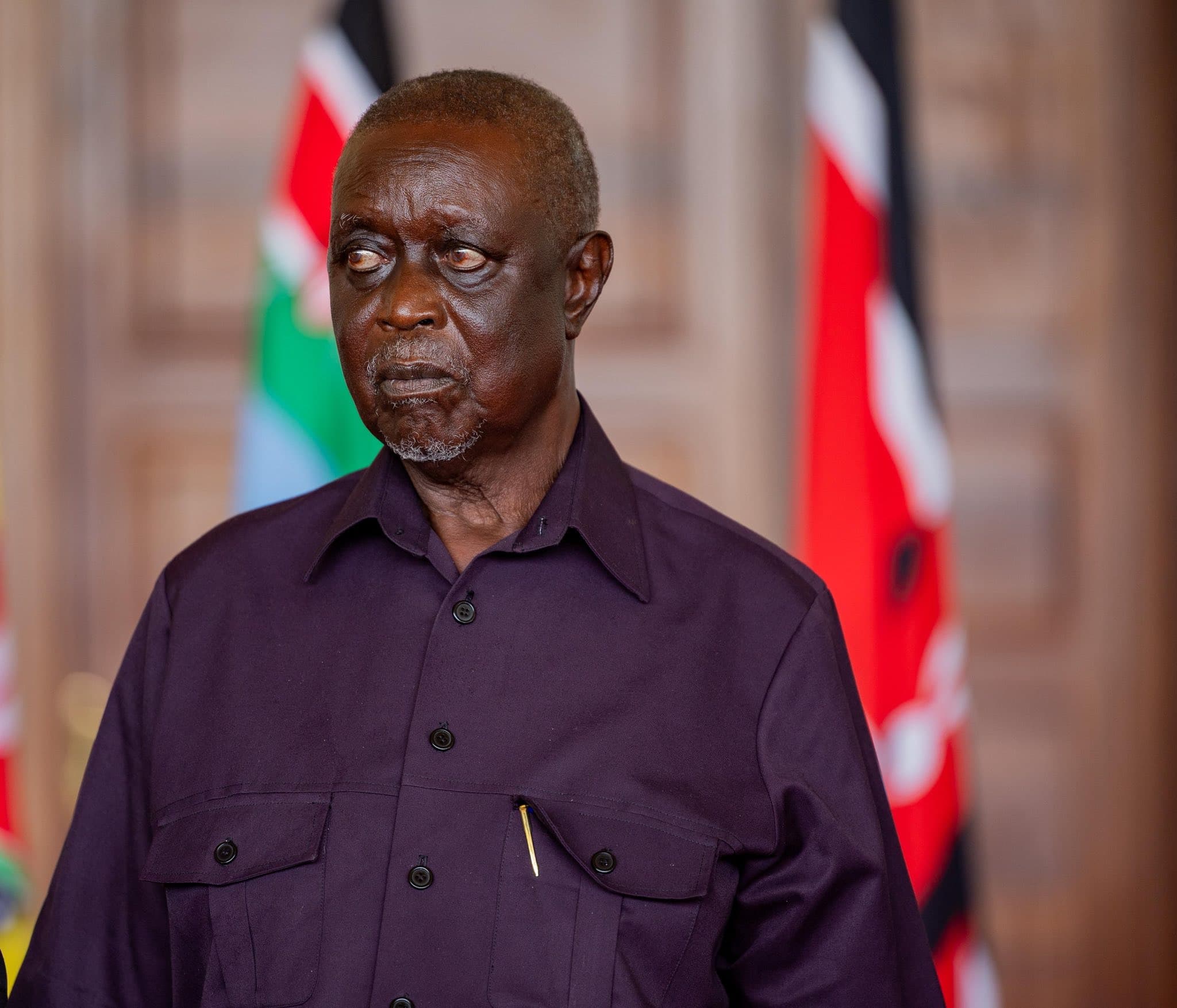
Senator for Siaya County
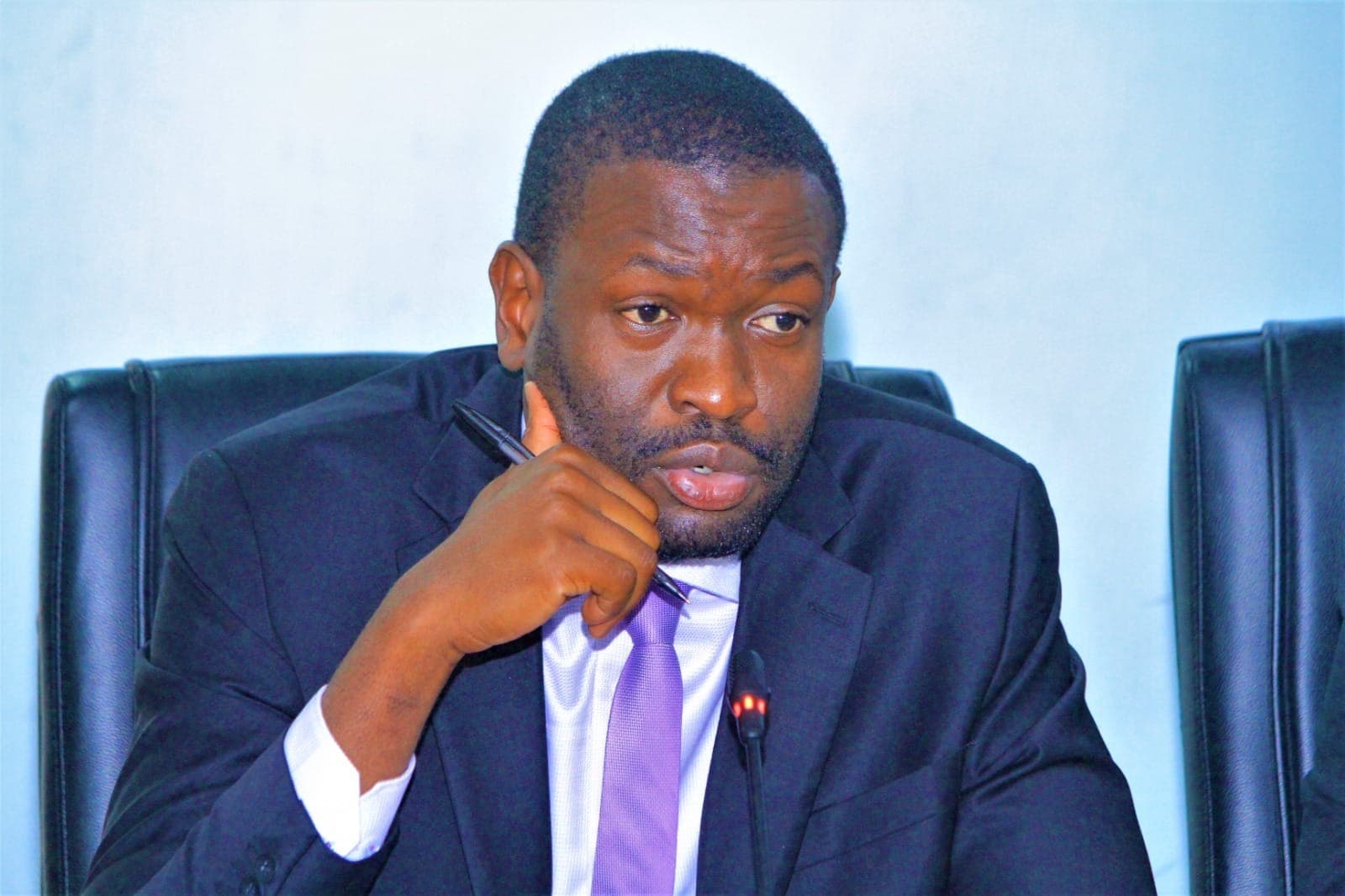
Senator for Nairobi County
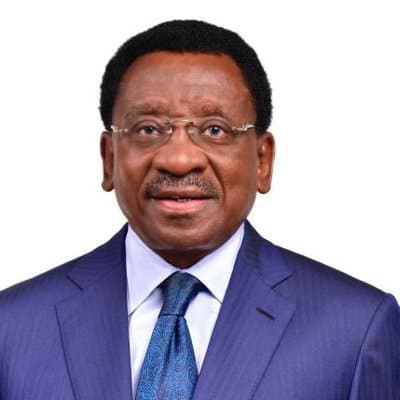
Governor of Siaya County
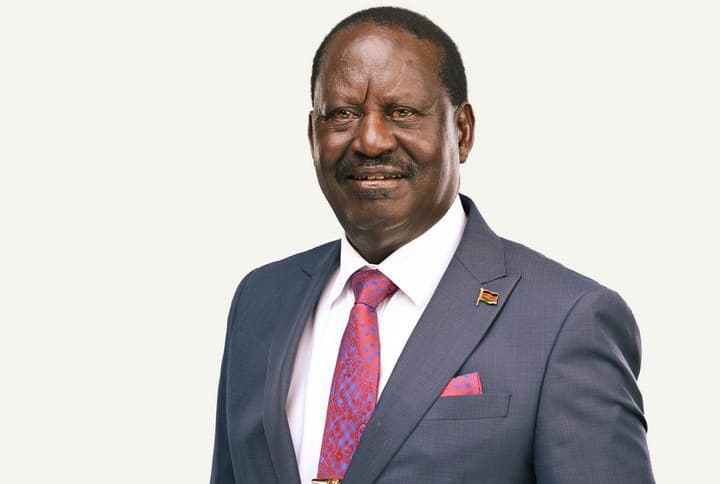
Leader of the Opposition
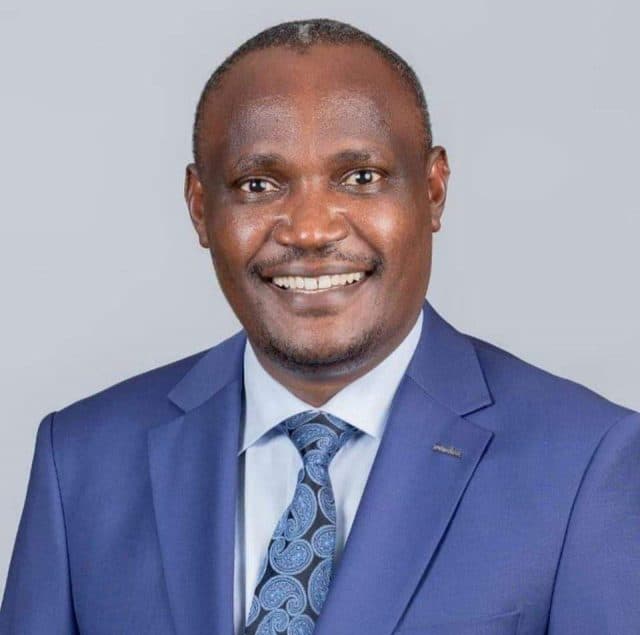
Cabinet Secretary for National Treasury and Economic Planning